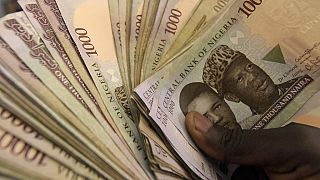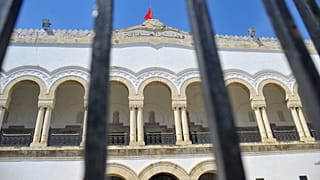Sudan
Sudan’s inflation rate has risen further to 99% in April due to rising food prices, the Sudanese Central Bureau of Statistics announced on Saturday.
This rate had already risen to 82% the previous month, over one year. But rising prices for grains, meat, milk and bread have further increased inflation.
Despite the political transition in Sudan, which raised hopes for reform following the overthrow of President Omar al-Bashir in April 2019, the country’s economy remains in the grip of a deep crisis.
Rising inflation, the scarcity of foreign currencies and the huge public debt are among the most pressing challenges in the country.
Last month, the Sudanese authorities decided to increase the price of bread: a Sudanese pound (about 2 US cents) can only buy a 50 gram loaf, compared to a 70 gram loaf previously.
The tripling of the price of bread was the trigger for the first street demonstrations against Omar al-Bashr in December 2018. The mass demonstrations had continued for months before the army deposed the president in April after a 30 year reign.











01:00
Protests erupt in La Paz over Bolivia's fuel subsidy cuts
Go to video
Sudan train before facing Senegal in Africa Cup of Nations
01:00
Christmas lights attract Lagos residents despite violence and rising costs
01:01
Sudan's transitional leader al-Burhan holds talks with Saudi Crown Prince in Riyadh
02:19
Researchers find evidence of youngest-ever children tattooed
Go to video
Cameroon post-election unrest: Protesters jailed, others freed